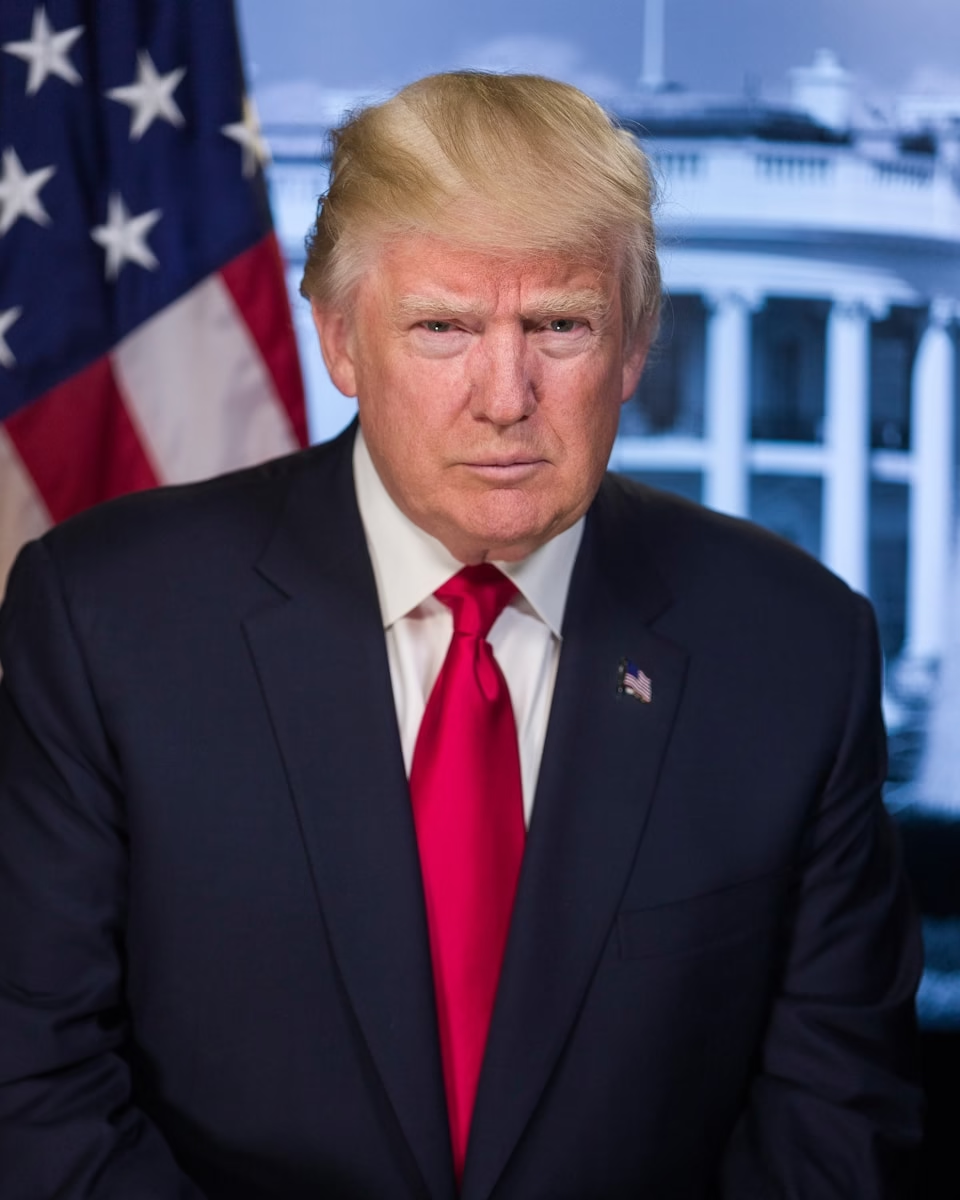Key Takeaways:
- President Trump is weighing the Insurrection Act to send troops to cities.
- Democratic strategist Jack Cocchiarella and MAGA influencer Michael Knowles clashed on Piers Morgan’s show.
- Some courts have ruled that sending troops without state approval is illegal.
- Lawmakers and legal experts debate if the Insurrection Act applies to domestic protests.
In a tense TV debate, Democratic strategist Jack Cocchiarella and MAGA influencer Michael Knowles sparred over President Trump’s plan to deploy federal troops to Democratic-run cities. The showdown took place on Piers Morgan Uncensored. It focused on whether Trump can legally use the Insurrection Act to send National Guard forces to places like Portland and Chicago. The president said he may invoke the Insurrection Act to shore up security. However, some judges have already halted similar deployments as unlawful. The back-and-forth highlights deep political divides over federal power and public safety.
Why Trump wants to use the Insurrection Act
President Trump argues that some cities have spiraled out of control. He claims local officials are “failing” to stop violent protests and rising crime. Therefore, he wants to send troops to restore order. Moreover, he believes invoking the Insurrection Act gives him legal authority to step in. He pointed to his most recent funding bill as proof that he supports law enforcement. Supporters say federal troops can back up local police and National Guard units.
However, opponents say the president is overstepping his authority. They argue that cities like Chicago already have robust police forces. Furthermore, they say adding troops could inflame tensions instead of quelling unrest. Critics also worry that military involvement in civilian protests sets a dangerous precedent. They fear it could chill free speech and lead to unnecessary force.
How Democrats challenge the Insurrection Act plan
On Piers Morgan’s show, Michael Knowles insisted that blue states are “crime-ridden” and need federal help. In contrast, Jack Cocchiarella called the argument a “non-issue.” Cocchiarella pointed out that many cities have seen drops in violent crime. He also noted that law enforcement budgets remain high across the country. In fact, he said Trump has cut billions from police funding in past budgets. Moreover, he argued that the president’s own actions show he does not rely on heavy law enforcement spending.
Knowles fired back by citing Trump’s recent funding measures for police. Yet Cocchiarella maintained that the White House record does not back those claims. He stressed that invoking the Insurrection Act has nothing to do with real crime data. Instead, he called it a political stunt. He warned viewers that using the Insurrection Act against peaceful protests could violate civil liberties.
What is the Insurrection Act?
The Insurrection Act is a nearly 200-year-old law. It allows the president to send military troops within the United States in certain emergencies. For example, the Act can apply when local authorities cannot enforce the law. It can also kick in if there is an uprising that stops the execution of state or federal laws. Under this Act, troops can help quell violence and protect civil rights.
However, the law has limits. First, the president must tell state governors in writing before using troops. Second, the law applies only when states fail to control unrest or refuse to protect citizens’ rights. Third, Congress can end the deployment by passing a resolution. Over time, presidents have used the Insurrection Act sparingly. The goal has been to avoid military force in routine law enforcement.
Could courts block the Insurrection Act?
So far, courts have pushed back on the administration’s deployments. Judges ruled that sending federal troops without state approval broke the law. They issued orders to pull back forces from city streets. Moreover, legal experts say the courts will closely examine whether conditions truly meet the Act’s criteria. They will ask if local officials truly lost control or refused to enforce laws.
If courts find that the president misused the Act, they could block future deployments. They could also rule that the president bypassed necessary steps. For example, failing to notify governors in writing could invalidate the action. Therefore, the administration faces legal hurdles before it can fully mobilize troops.
What lies ahead
The debate over the Insurrection Act is far from over. President Trump may still issue orders to invoke it. Yet, he will face legal battles and political backlash. Meanwhile, local and federal leaders will watch court decisions for guidance. Ultimately, the fight could end up at the Supreme Court. There, justices will decide how far the president’s power extends in domestic crises. In any case, Americans will closely follow each legal twist and political turn.
Frequently Asked Questions
What does invoking the Insurrection Act mean?
Invoking the Insurrection Act means the president orders military forces to assist with law enforcement during severe unrest.
Has any president used the Insurrection Act recently?
Yes. In past decades, presidents have used it for events like civil rights protests, but they did so sparingly.
Can state governors refuse federal troops?
Governors can reject troop deployments, but the president can override that if certain legal conditions are met.
What happens if courts block the Insurrection Act?
If courts block it, military forces must stand down and the president may face limits on future actions.
